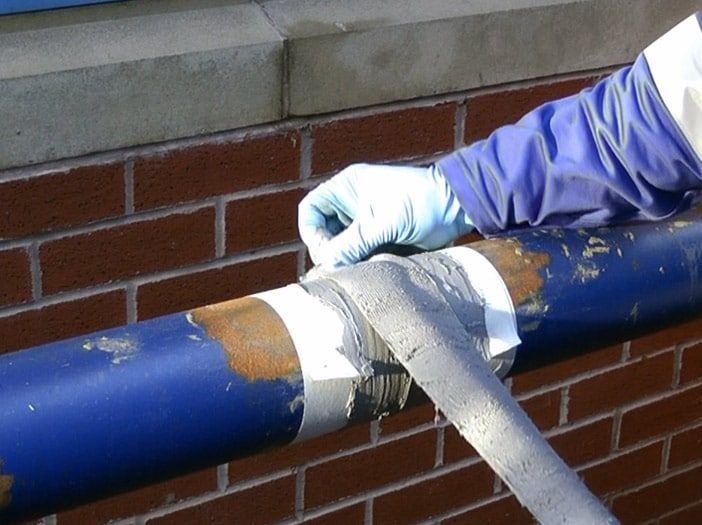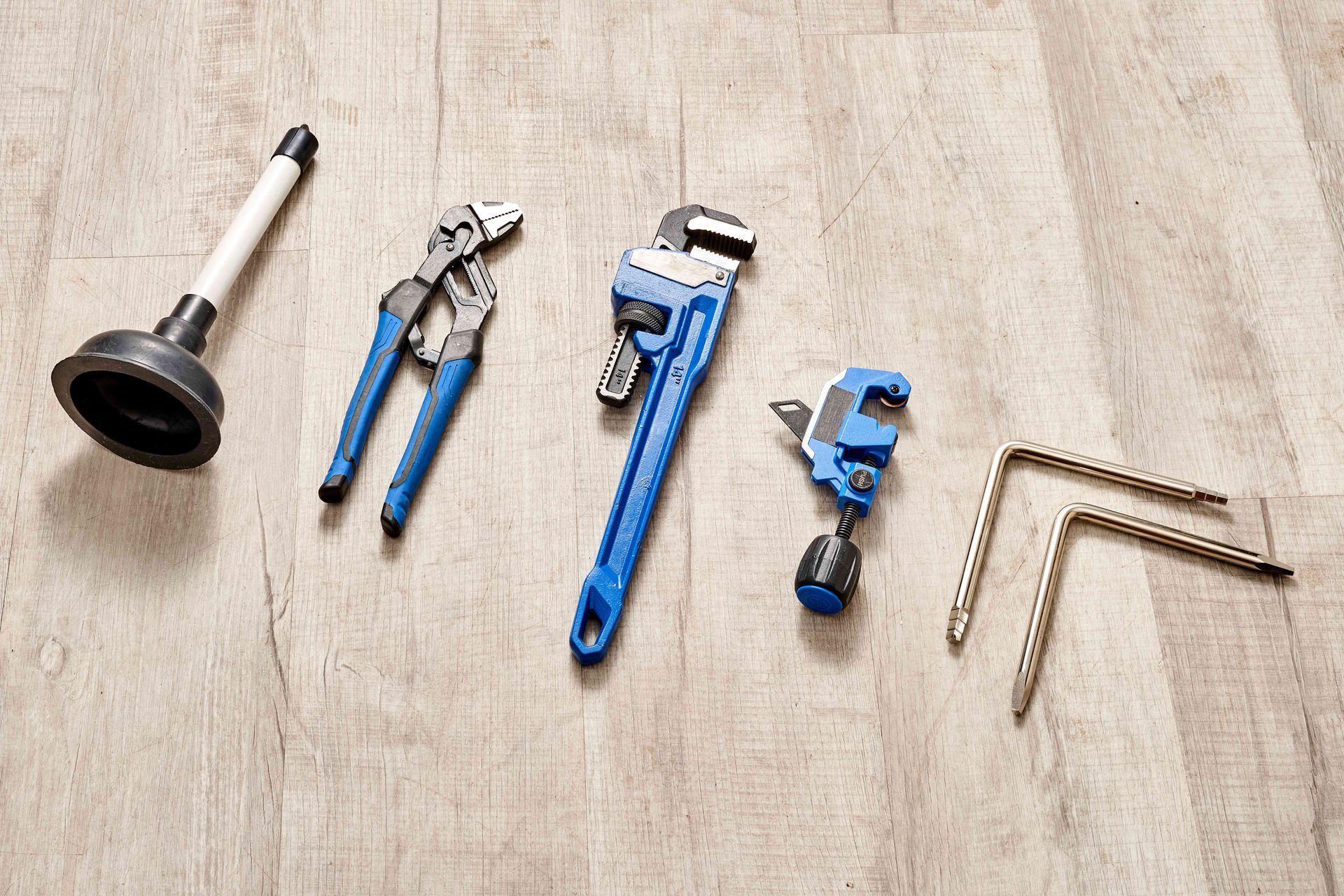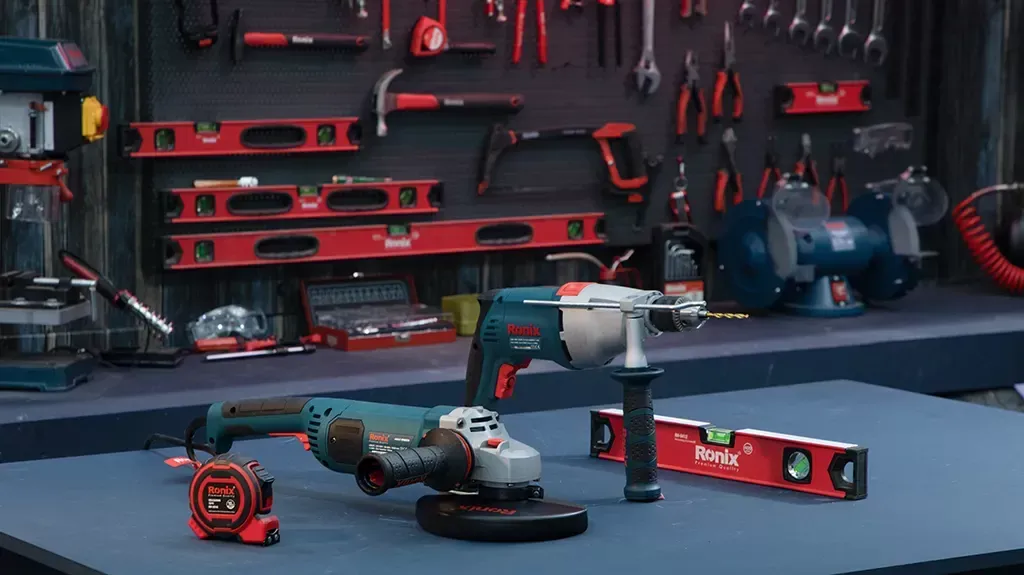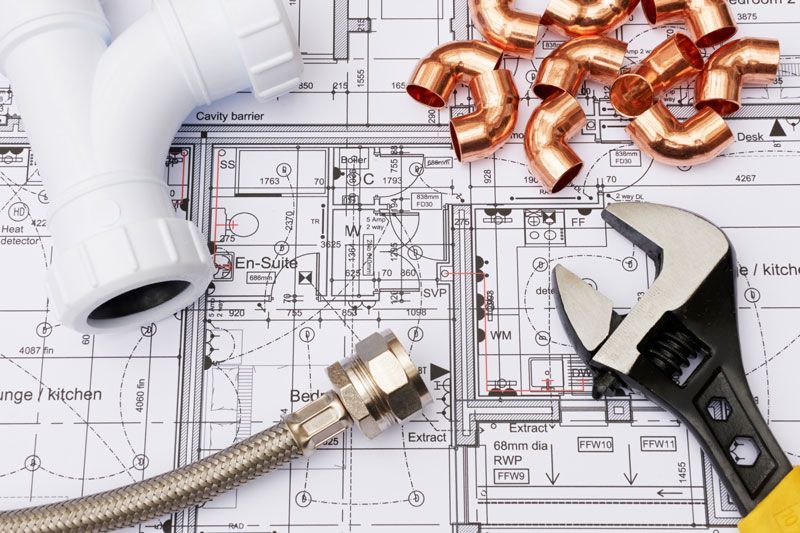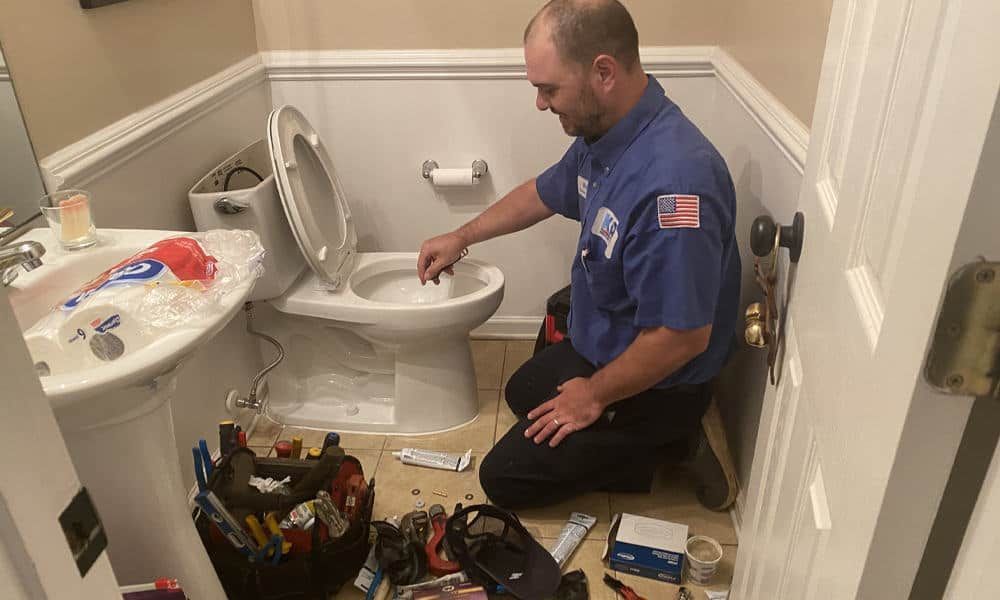How To Unclog Basement Floor Drain
How To Unclog Basement Floor Drain
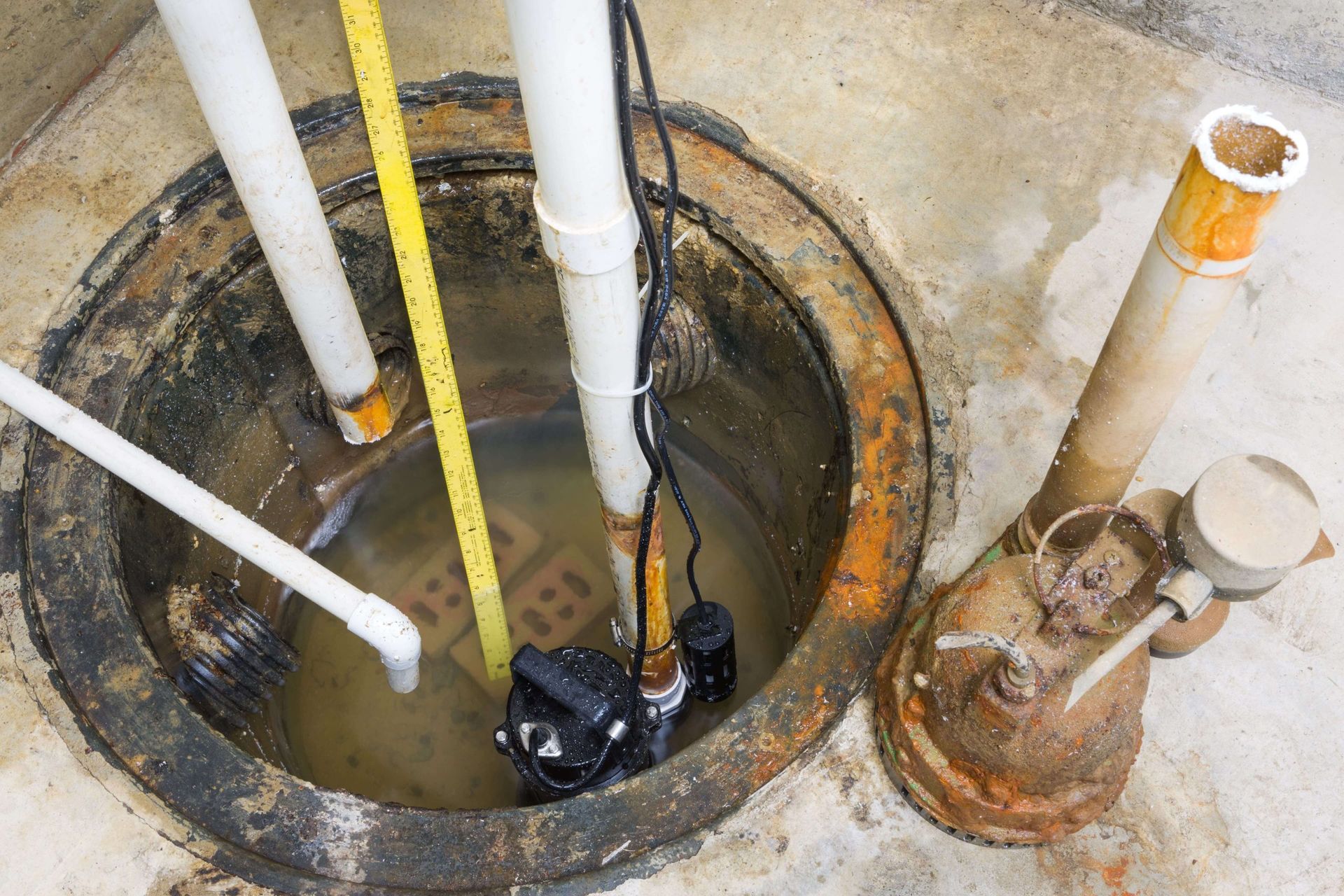
How to Unclog Basement Floor Drain
Many homes and business structures experience frequent floor drain clogging issues. It happens when grease, soap, debris, hair, and other substances accumulate in the pipes and hinder normal draining.
Especially in places like kitchens, bathrooms, and basements, this can result in overflowing water and unhygienic conditions. Furthermore, clogged floor drains can emit unpleasant aromas and draw bugs.
Clogging can be avoided by routine maintenance and cleaning, but if it does happen, a plumber or drain cleaning service may be required to fix the problem.
How do you explain a Floor Drain?
A floor drain is a drain pipe that is attached to a sewage line and is positioned on the floor of a home or business building. Its purpose is to stop floods by enabling extra water on the floor to drain from the structure.
For instance, a water heater is generally always situated close to a floor drain because its tank can hold many gallons of water. So, in the event of a tank burst, any flooding or water damage to the house will be minimized.
Why does the floor drain in the basement leak water?
Because you don’t want odor and dampness in your home, it is crucial that you understand the causes and solutions to a backed-up basement floor drain. Here are a few reasons why water is coming up from the basement floor drain.
Backup of a Washing Machine or Tub Basin
Although not every household has a washtub basin, having one can cause a problem. The laundry room or basement has a washtub basin that resembles a sink and is used to soak clothes. It’s possible that dirt and sediment have blocked the drain. An identical problem can arise in a washing machine, except it might be in the hose.
If you think the obstruction may be sediment or debris, you might try using a plunger cup to clear it. If this doesn’t work, you might need to remove the drain and use an electric snake to clean it.
It could be challenging to complete this task without help. If you don’t already have one, you can also install a strainer on the drain. Make an appointment with a specialist for assistance if none of these fixes work.
Back-up in the basement floor drain might be caused by tree roots
If there are cracks in the sewage drain line, tree roots will locate moisture there since they enjoy moisture. They will unfortunately keep expanding because they don’t care that it is a sewer line. It will take a specialist to get rid of the tree roots.
The best way to address it is to get a sewer scope examination to check for obstructions, broken or damaged pipes, or tree roots in your sewer line. Costs range from $125 to $300 for this. By blasting away all the sediment and other junk, a drain cleaning device could be able to assist in removing the roots as well.
The expert will also provide you with strategies to prevent it from happening again if you need to move one or more trees.
Pipe Has Worn Out
The piping material used to make sewer lines has a tendency to rust and shrink. The passage of water and other water-borne sediments becomes more challenging as they contract. There may be clay or concrete pipes in some older homes, and over time, these materials will start to break down.
The sort of pipes you have should be examined by an expert who can also offer advice on what to do next if there are problems.
Depending on whether it is a little or large section of the pipes, fixing it can include replacing the pipes. Due to the fact that the city is in charge of some repairs, it will also depend on where the pipes are.
For those that originate from the main underground sewer pipe and extend outside of your property lines, the city is in charge. This is the principal sewage pipe.






